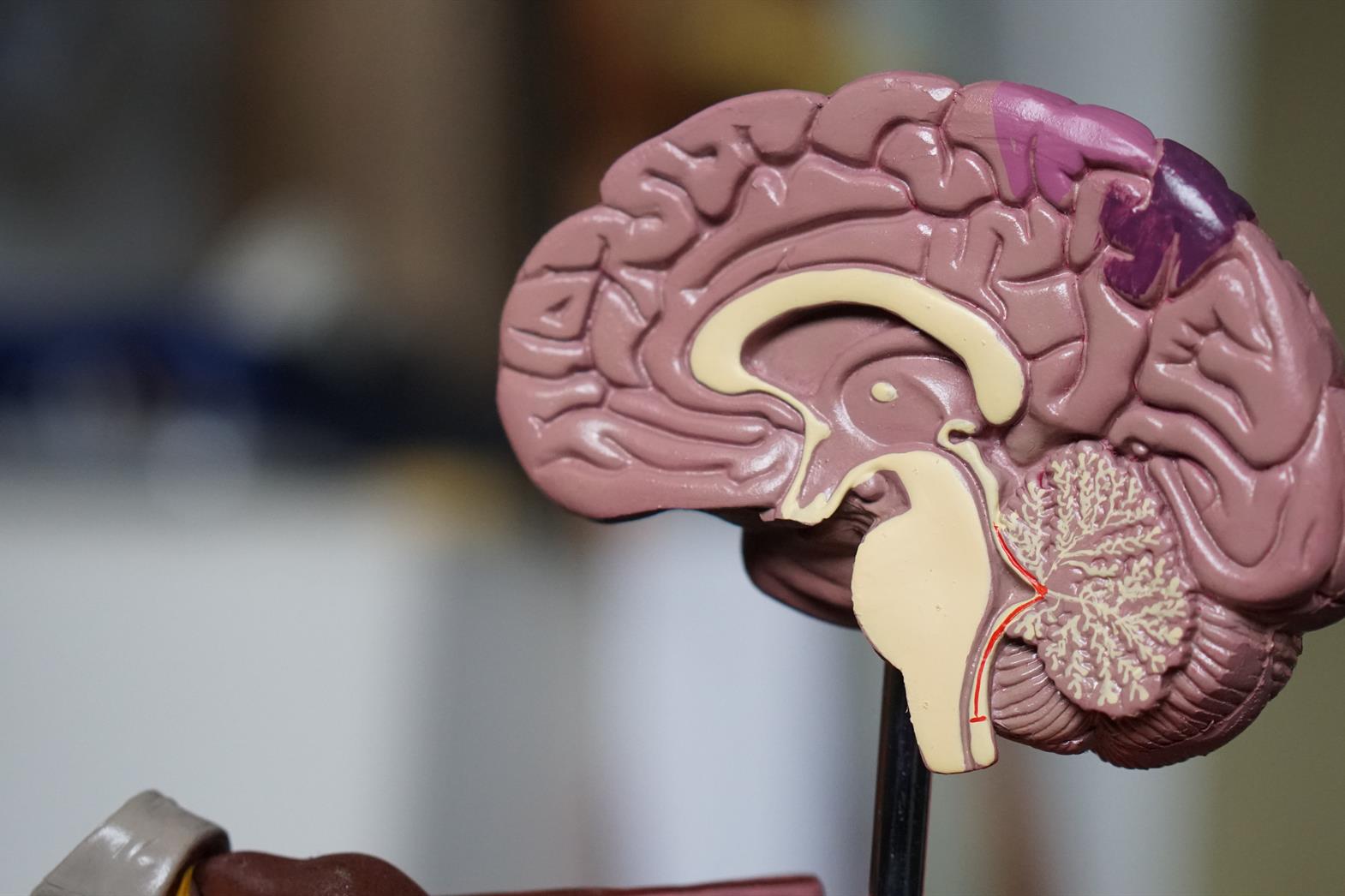What you need to know?
Scientists believe that many environmental and genetic risk factors for Autism Spectrum Disorder (ASD) involve components of the immune system. Research investigating how the immune system influences the brain and behaviour, and contributes to ASD symptoms may reveal new approaches for treatment.
What is this research about?
Many studies have investigated the immune system as a possible underlying factor influencing ASD symptoms. Historically, researchers believed the brain and immune system to be separate in healthy individuals. Recently, animal research has provided evidence that immune components affect behaviour and brain structure. This research is a summary of many papers that looked at potential immune roles in ASD. The mother’s immune status during pregnancy, differences in the immune systems of individuals with ASD, and potential roles for the immune system in ASD are major topics addressed in this research. The authors suggest that many of the immune effects on ASD require involvement of one protein, and they discuss new therapies that target the immune system and could improve ASD symptoms.
What did the researchers do?
The researchers compiled information from 266 scientific studies in order to summarize the research on immune roles in ASD. They cite papers from 1971, when children with rubella were demonstrated to have increased prevalence of ASD, to 2015. Studies were grouped into major and minor categories based on their content, and the authors organized them into themes including maternal infection during pregnancy, immune differences in individuals with ASD, and how the immune system might communicate with the brain to affect behaviour.
What did the researchers find?
Evidence for immune system changes in ASD is substantial. Several studies show that maternal infection during pregnancy increases the risk for ASD. Patients with ASD have changes in their immune cells in the blood, brain, and gut, and have higher levels of inflammation. Notably, the authors found that many immune proteins that relate to changes in the brains of patients with ASD cross paths at one signaling protein, mTOR. mTOR is a protein that can activate or inactivate other proteins, allowing cells to integrate and respond to many types of information they receive from their environment. The authors suggest that mTOR might be an appropriate target for new ASD drugs. This highlights the importance of understanding how the immune system and brain are related.
Several studies show that maternal infection during pregnancy increases the risk for ASD. Patients with ASD have changes in their immune cells in the blood, brain, and gut, and have higher levels of inflammation.
How can you use this research?
This research bridges the gap in our understanding of how the brain and immune system influence each other. Identifying a common biological protein will help researchers focus on a single target for treatment. Further, these findings suggest that women may benefit from heightened vigilance in monitoring for infections during pregnancy.
About the Researchers
Myka L. Estes is a post-doctoral fellow from Autism Speaks, and A. Kimberley McAllister is an associate professor at the Centre for Neuroscience at the University of California, Davis in the USA.
Citation
Estes, M.L. & McAllister, A.K. (2015). Immune mediators in the brain and peripheral tissues in autism spectrum disorder. Nature Reviews Neuroscience. 16(8):469-86.
This research summary was written by Shawna Thompson and Jonathan Lai for the Chair in Autism Spectrum Disorders Treatment and Care Research. This research summary, along with other summaries, can be found at asdmentalhealth.ca/research-summaries
Reproduced with the permission of Dr. Jonathan Weiss (York University). This research summary was developed with funding from the Chair in ASD Treatment and Care Research. The Chair was funded by the Canadian Institutes of Health Research in partnership with Autism Speaks Canada, the Canadian Autism Spectrum Disorders Alliance, Health Canada, Kids Brain Health Network (formerly NeuroDevNet) and the Sinneave Family Foundation. This information appeared originally in the Autism Mental Health Blog (https://asdmentalhealth.blog.yorku.ca).
Photo by Robina Weermeijer on Unsplash


